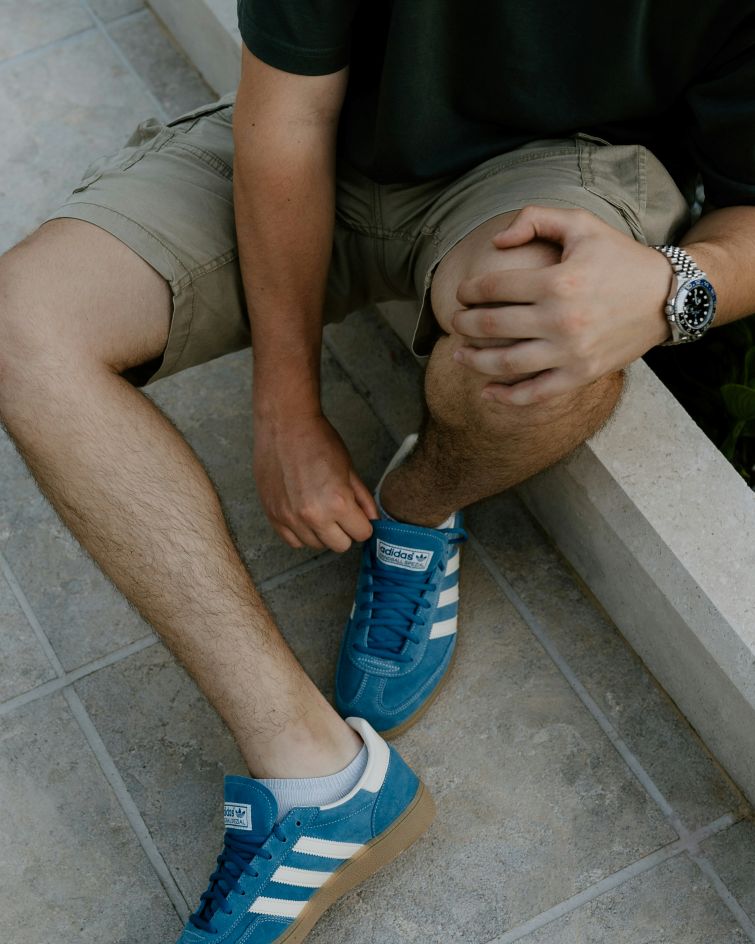Leg cramps: they're painful and annoying. But did you know that they could be more than just a nuisance? Yes, that's right! These cramps are often a symptom of a more serious medical condition. Here are four health problems that could give you cramps. (Plus what you need to do about them.)

Anytime you have a new, persistent symptom, it’s important to determine the cause. But something like leg cramps could seem unimportant. After all, they usually pass quickly. And they aren't crippling. Still, cramps in your leg may actually be a sign of an underlying health condition. Here are four possible reasons you develop legs cramp. (All of which are worth discussing with our vascular specialists at Texas Endovascular!)
Certain vein diseases can trigger cramping. Two likely causes are varicose veins (incompetent veins that have started to swell) or chronic venous insufficiency. (Also called CVI, this is a condition in which the valves in your veins don’t function properly. The walls of your veins may then weaken, allowing some of your blood to remain in your legs instead of flowing upwards to your heart). If CVI is the problem, your legs could also throb or ache. And you may experience other symptoms such as itchy or flaking skin on your feet and legs, flaking skin, swelling (edema) and even ulcers or deep vein thrombosis (DVT.)
Peripheral Arterial Disease (PAD) may also cause cramping in your legs. But unlike CVI cramps, the ones you notice with PAD usually appear when you're active. Then, as soon as you sit and rest, they resolve.
Dehydration can also cause leg cramps. And you get dehydrated for several different reasons: not enough water intake in warm weather; certain dehydrating beverages such as coffee and black tea, or certain medications with diuretic effects. Kidney conditions may also affect your ability to remain hydrated.
When your thyroid is functioning too slowly (hypothyroidism), you may experience several symptoms, including fatigue, weight gain, cold intolerance, difficulties thinking clearly and cramps in your muscles, especially in your legs.
Leg cramps can also be the result of a magnesium, potassium or calcium deficiency in your body. You may notice the cramps in your toes, calves, the arches of your feet, and/or the backs of your legs. Many pregnant women will experience vitamin deficiencies, and pregnant women are also more vulnerable to vein conditions such as varicose veins, so expectant mothers should pay extra attention to bothersome leg cramps.
When dealing with a relatively minor complication like leg cramps, it can be tempting to ignore your symptoms. You may simply hope they go away after a while. But, as you've seen, this minor annoyance could be a sign of a larger issue. So ignoring the problem could be dangerous.
Since leg cramps can be a sign of many different vascular concerns, it's important to discuss your health with our vascular specialists, especially if you have other symptoms of vein disease. Ready to get help? Contact our team today to request an appointment at one of our seven locations in Texas.

Scheduling
Please contact our dedicated specialists to schedule a consultation today.
2025 Texas Endovascular. All rights reserved. Website Design by Healthcare Success